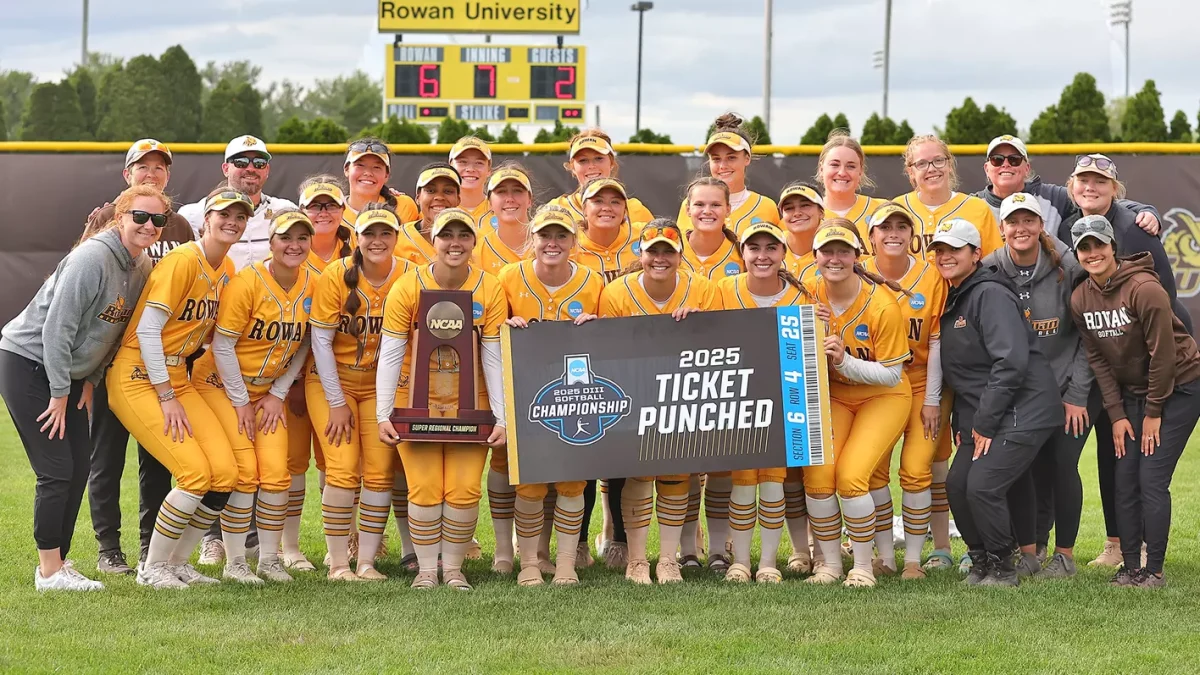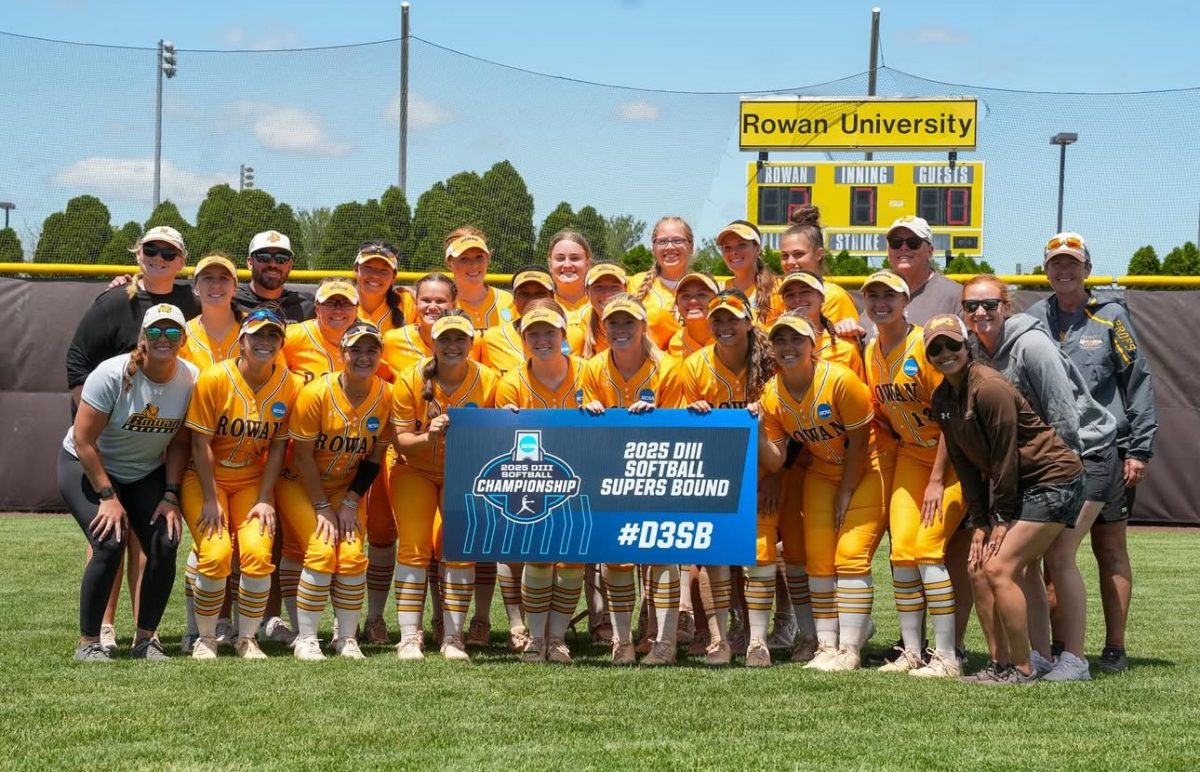This week, you may have heard about the leak of the Panama Papers. But what exactly are these documents, and why are they so important? First of all, in order to understand the leak, one must understand how much information was revealed.
The leak generated 2.6 terabytes of raw data, compared to the 1.73 gigabytes of data leaked by former NSA contractor Edward Snowden several years ago. Terabytes are significantly larger than gigabytes. According to Wired Magazine, the leak includes some 4.8 million emails, three million database files, and 2.1 million PDFs, all of which originated from the Panamanian law firm Mossack Fonseca.
According to people who have analyzed the documents, the firm appears to specialize in setting up shell companies which allow people to deposit enormous sums of wealth offshore in shell corporations, usually so that they can avoid paying taxes on the money that they have made. The biggest problem with these shell corporations is that they can sometimes be used to launder money for illicit activities.
From NPR’s story on the leaks, Sigmundur Gunnlaugsson, Iceland’s prime minister, has stepped aside after he and his wife were both named in the leak. The revelation of this information caused massive protests within the country, as people reacted unfavorably toward the leader, as they saw his actions as acts of corruption and lacking transparency.
In Russia, several key members of Vladimir Putin’s inner circle have been tied to the leaks. Based on Russia’s shady history, it is probably a fair bet that they were up to no good.
In Argentina, Mauricio Macri, who ironically ran successfully on an anti-corruption campaign, was implicated in the leak. At the moment, there are calls for an investigation.
In Britain, Prime Minister David Cameron had to answer questions about money that his father had stashed, after his father’s name came up in the leak. While he emphatically denied that his family was still receiving benefits from the fund today, that didn’t rule out the possibility that Cameron’s family did so in the past.
And in America, at least 200 people are now in the cross-hairs of the United States Justice Department. The department has said that they will review the information which has resulted from these documents becoming public, in order to make sure that all actions have been legal.
The Panama papers have a consortium of meanings, some positive and some negative. The news organizations in charge of sifting through the mounds of information took their time and did not rush the story to publication, which should help us realize that the practice of honorary journalism is still alive and well. They protected the anonymity of their sources, and respected their desire to remain in the shadows throughout the entire process. And at the same time, they still delivered a seismic story — one with an impact that may not yet be fully realized.
It has even crossed over to the world of sports, where famous soccer player Lionel Messi is accused of using one of these accounts to dodge taxes. Although it should be noted that he is already under a microscope in a similar case.
As a broader population, what do we take away from this leak? Many have reacted in rage, others in disappointment and some don’t seem to care at all. But should we care? Storing money in shell companies is perfectly legal in Panama. Storing money offshore in any account is perfectly legal. This also isn’t anything new. Individuals and companies have stored money overseas for decades.
Americans may store money offshore to escape our tax rates, which are organized according to how much an individual makes. Candidates in the GOP are running on the platform of decreasing the wealthy’s tax rate, in order to make it more appealing to people that store money in offshore accounts, which is already disparate when it is compared to the rate the middle class pays. On record, Bernie Sanders has said he wants to shift the tax rate so wealthier Americans pay a more proportionate amount of money to the government. He also wants to close America’s tax loopholes which allow these accounts to even exist.
The Panama papers demonstrate exactly how secretive our financial industry and politics actually are. What we need to decide as a society is if this is something that we are okay with. Are we okay with wealthy individuals storing money offshore? Are we okay with this if the reasoning is most likely to evade taxes, when taxes on that money could go to helping build roads, teach underprivileged children or even finance social security? Are we okay with the American Spirit—working together to accomplish impossible goals—only really applying to those that can’t afford to store money overseas?
In a time when privacy and national security are quaint buzzwords, leaks like this help to underscore just how level the playing field is. It used to be that wealth and power guaranteed a person some semblance of privacy, but with a few strokes of a keyboard, information can now be made public. I doubt these people wanted this to come to light. However, the FBI could also do the same to us. If we gain anything from the Panama papers leak, we should learn to ask ourselves if our current ideas of privacy and wealth are ones we are willing to keep.

























































































































































!["Working with [Dr. Lynch] is always a learning experience for me. She is a treasure,” said Thomas. - Staff Writer / Kacie Scibilia](https://thewhitonline.com/wp-content/uploads/2025/04/choir-1-1200x694.jpg)









































